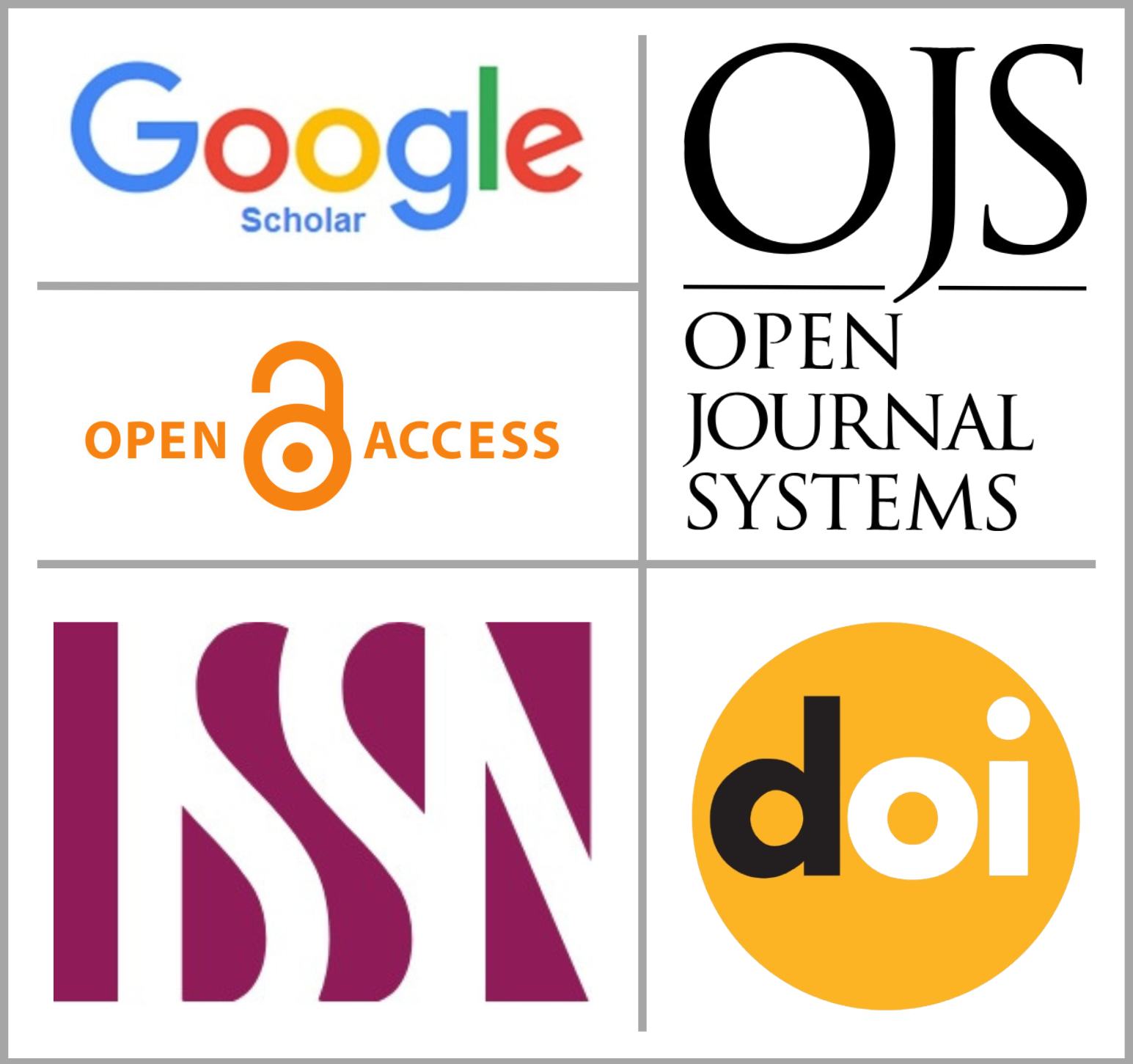Journal Information
Name of Journal: Turing Ledger Journal of Engineering & Technology (TLJET)
Journal Frequency: Quarterly
ISSN E: 3105-6202
ISSN P: 3105-6199
Language: English
Publisher: Scholar Club (Pvt) Ltd
Review Type: Peer-Reviewed
Area of Publication: Engineering and Applied Technology
Turing Ledger Journal of Engineering & Technology






